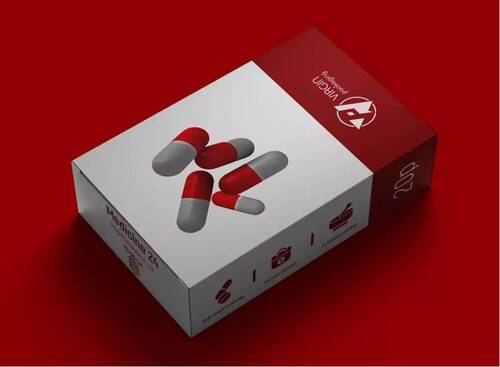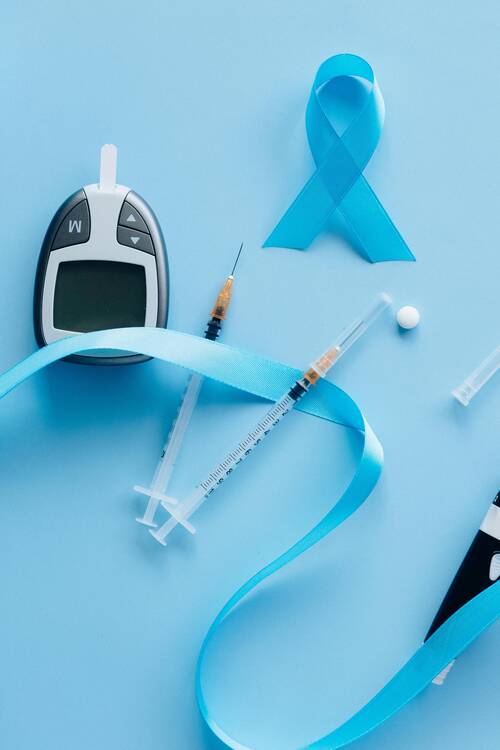Access to affordable insulin remains a challenge for millions of people living with diabetes around the world, particularly in middle-income countries. To bridge this gap, platforms are emerging that connect patients with high-quality insulin at reduced prices. For individuals struggling to afford their life-saving medication, these services offer a convenient and affordable solution, making a significant impact on global health.
The Global Insulin Crisis
Diabetes affects millions worldwide, and the demand for insulin continues to rise. Major insulin manufacturers, including Novo Nordisk, Eli Lilly, and Sanofi, dominate the global market, producing essential medications for managing blood sugar levels. However, in many parts of the world, including countries like India, Mexico, and the Philippines, insulin prices remain prohibitively high. This leaves a substantial portion of the population without access to the medication they need to live healthy lives.
Data shows that insulin prices are often out of reach for people in middle-income countries. The situation is particularly dire in regions like Kenya, Malaysia, and Vietnam, where the cost of insulin may equal a month's salary. With nearly three major companies controlling the insulin market, competition is limited, and prices remain high. As a result, many patients with type 1 and type 2 diabetes face inconsistent access to insulin, which can put their health at significant risk.
(more…)










 The biopharmaceutical industry has undergone significant transformations in recent years, particularly with the adoption of Quality by Design (QbD) principles. This innovative approach is reshaping the landscape of biopharmaceutical manufacturing by fostering a culture of quality that prioritises proactive measures over reactive solutions. This transformation not only enhances the efficiency of manufacturing processes but also ensures that patients receive safe and effective medications.
The biopharmaceutical industry has undergone significant transformations in recent years, particularly with the adoption of Quality by Design (QbD) principles. This innovative approach is reshaping the landscape of biopharmaceutical manufacturing by fostering a culture of quality that prioritises proactive measures over reactive solutions. This transformation not only enhances the efficiency of manufacturing processes but also ensures that patients receive safe and effective medications.
















 Lisa-Marie Smale, PharmD
Lisa-Marie Smale, PharmD



